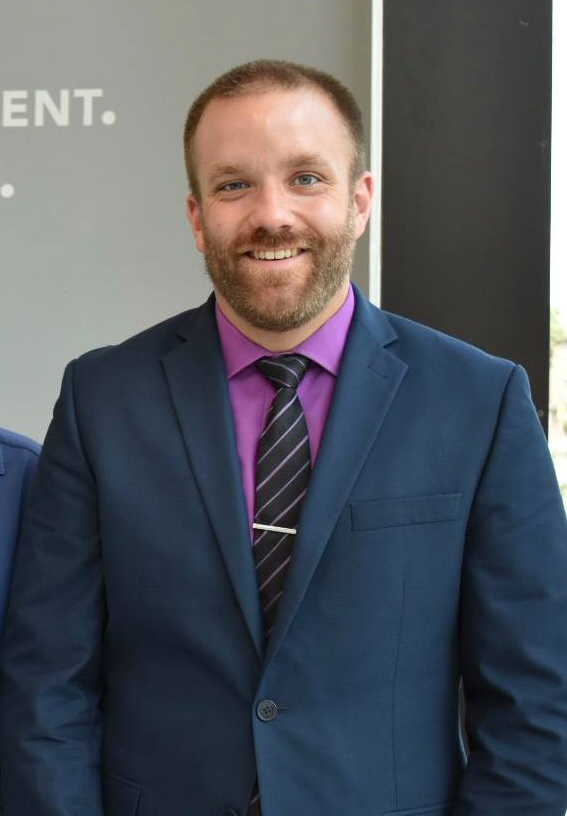
I began my schooling back in 2004 at the State University of New York in Plattsburgh. During my time at Plattsburgh I attained my Bachelors in Science in Nutrition and Dietetics. Following my graduation from SUNY Plattsburgh, in August of 2008, I began my dietetic internship at the State University of New York at Stony Brook. During my nine months at Stony Brook, I completed nearly 1,000 hours of supervised practice that allowed me to sit for my RD (Registered Dietitian) exam. In September of 2009, I became a Registered Dietitian. My first job after attaining the RD credential was at WIC (women, infants and children), which is a supplemental nutrition program providing food vouchers and nutrition education to pregnant and breastfeeding women, as well as children under 5 and infants. After 14 months at WIC, in 2011, I moved to Philadelphia and began at my current employer. Currently, I work as a Long-Term Care clinical dietitian at Willow Terrace Nursing and Rehabilitation. In 2014, I decided that it was time to start working towards advancing my education and career. At this point I enrolled in the Master’s in Public Health (MPH) program at West Chester University with a focus in nutrition. Earlier this year, after nearly three years of graduate instruction, it was time to find a place to put my attained skills and knowledge to the test. I had to find a site for my Applied Learning Experience. After considering what I wanted to get out of the Applied Learning Experience, I decided that I would look to MANNA for the opportunity. MANNA graciously approved my placement and it has been a wonderful experience thus far.
At MANNA, my number one priority has been to complete my major project. This project, which meets the needs of my schooling requirements and MANNA’s requests was to complete research into the Health-Related Quality of Life of MANNA participants. More specifically, how the MANNA meals program improves the Quality of Life of participants. Two different surveys were used, one created by myself and a team of people here at MANNA, and the other, the widely used SF-12 survey tool. This research is helpful to MANNA in determining if their current practices are helping to meet the mission of the organization. Results of these surveys can provide insight into potential improvements. The research has indicated that both surveys used are worthwhile to MANNA and evaluating the effectiveness of the meals program going forward. It is my hope that MANNA will be able to use this research as a starting point for future evaluation of their meals program. Much of MANNA’s funding comes from grants. In applying for grants, it is helpful to have data that shows that the meals program is improving participants health-related quality of life. If MANNA can show that their meals program works, it will be helpful in securing future funding, especially as MANNA plans to eventually expand its mission to serve more people.
In addition to my major project, MANNA has provided me with additional experiences. Working under the supervision of the MANNA Registered Dietitians, I have led discussions on vegetarian foods/vegetarian eating at two different HIV/AIDS support groups, I created monthly nutrition tips to accompany the meals deliveries, and helped the MANNA dietitians with their workload. These experiences were crucially important as I improved my public health skills. My Applied Learning Experience at MANNA was more than I could have imagined. In my brief time here, I feel that I have contributed to the future of this organization, and I couldn’t have asked for a more meaningful outcome. Thanks MANNA!


